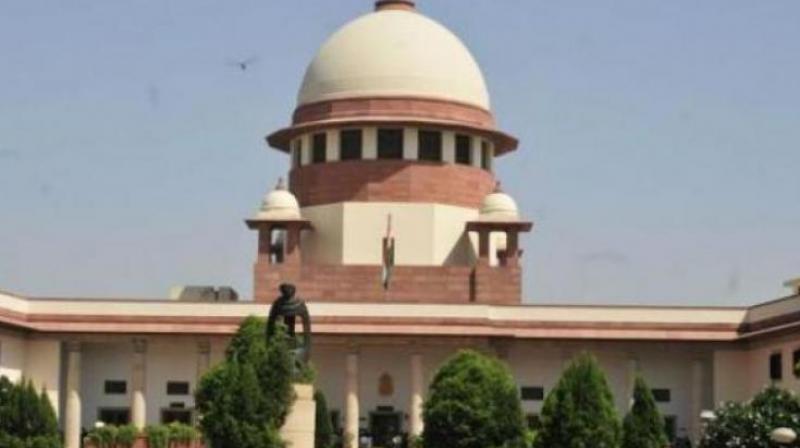Lawyers fed president: Verdict on par with fundamental rights of individual

Supreme Court has passed a historical judgment holding that the restriction imposed by the Sabarimala Devaswom Board for the entry of women of the age group 10-50 into the temple is unconstitutional. As a woman I feel that the right of entry into a temple for worship for the purposes of dharshan is a part of fundamental right under Article 25 of Constitution . Further section 4 of the 1965 Act provides that ‘No regulation has to be made to discriminate in any manner whatsoever against any Hindu on the ground that he/she belongs to a particular section or class. Hence banning entry of women of the age group 10-50 into the temple is unconstitutional and against 1965 Act’.
Normally constitutional legitimacy supersedes all religious beliefs. Hence, banning the entry of women in Sabarimala temple is against principles of the Constitution. Assuming that without admitting that there is a custom and usage in disallowing the women from entering the temple as pointed out by the authorities, it is wholly unconstitutional as it discriminates the women on the basis of their sex.
The right of a woman to enter the temple, to offer the prayer as a devotee to the deity, as a believer in Hindu faith is an essential facet of her right as per Article 25 of the Constitution . Article 25(1) establishes a non -discriminatory right and it is available to men and women professing the same faith. The exclusion of women as a class from the age of 10-50 is neither permissible nor acceptable .Rule 3(b) of the sais act ultra vires of section 3 and 4 of the 1965 Act because section 3 makes it clear that rules made there under cannot be discriminatory . By including Rule 3(b), the state has failed in its duty to protect the Fundamental Rights of Women.
Saying that in matters of religion, it is the opinion of the priest is final cannot be accepted, if it is contrary to equality and gender justice. For example, the widow of the deceased was forced to lose her life by throwing her on the funeral pyre, which was said to be the religious practice was banned by the Sati Prevention Act, offering a woman to the God, the practise of Devadasi was banned to establish gender justice.
The exclusionary practice which is based on the biological factor to the female gender amounts to discrimination and thereby violates the very essence of Articles 14,15 and 17 and not protected by morality as used in Articles 25 and 26 of the Constitution. Banning entry of a woman into the temple cannot be termed as an essential religious practise under Article 25.
As rightly pointed out by Justice Chandrachud, to exclude women of the age group 10-50 from the temple amounts to untouchability and against the dignity of women; religion cannot be a cover to deny women right to worship.
No Hindu temple asks women not to enter the temple during their menstruation period .The women voluntarily restrain themselves from entering the temple , though people believe and worship like Saraswathi , Lakshmi, Parvathi ,the goddesses saying that the entry of young women would cause damage to the celibacy of the Bramachari God is not based on belief in god and who say so are cause damage to the deity.
The menstrual blood plays a vital role in giving birth to the human race; it is the humans who had given the ‘Superpower’ various names such as Lord Krishna, Shiva and Ayyappa. Saying that menstruation is against God is unacceptable and means God is against the human race.
Many said that Kerala floods are the curse of Lord Ayyappa: Hope and wish that Lord Ayyappa for whom all are equal would accept the judgement wherein the discrimination against women is banned and allow them to worship him and save the people from natural calamities in future.
(Author is the president-TamilNadu Federation of Women Lawyers; vice-president-International Federation of Women Lawyers.)

